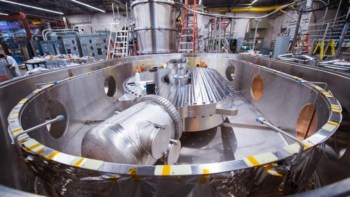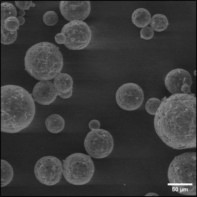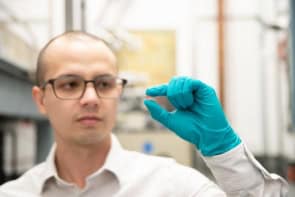According to the textbooks, superconductivity is destroyed in high magnetic fields. Even trace quantities of magnetic ions can lower the temperature at which a material loses its resistance to an electric current. So a few eyebrows were raised recently when a team of Japanese physicists found a material that becomes superconducting in a high magnetic field.
Moreover, the material in question – an organic crystalline solid called lambda-(BETS)2FeCl4 – contains a large concentration of magnetic ions (S Uji et al. 2001 Nature 410 908).
The discovery by Shinya Uji of the National Research Institute for Metals in Tsukuba, Japan, and co-workers at the Institute for Molecular Science, the Electrotechnical Laboratory and the University of Tokyo, is one of the latest in a long line of results on organic metals. Three years ago, the number of papers published on organic crystalline metals overtook that on high-temperature superconducting cuprates – and the gap is continuing to widen.
In the July issue of Physics World, John Singleton of the University of Oxford, UK, and Los Alamos National Laboratory, USA, explains why organic conductors are currently such a hot topic.



